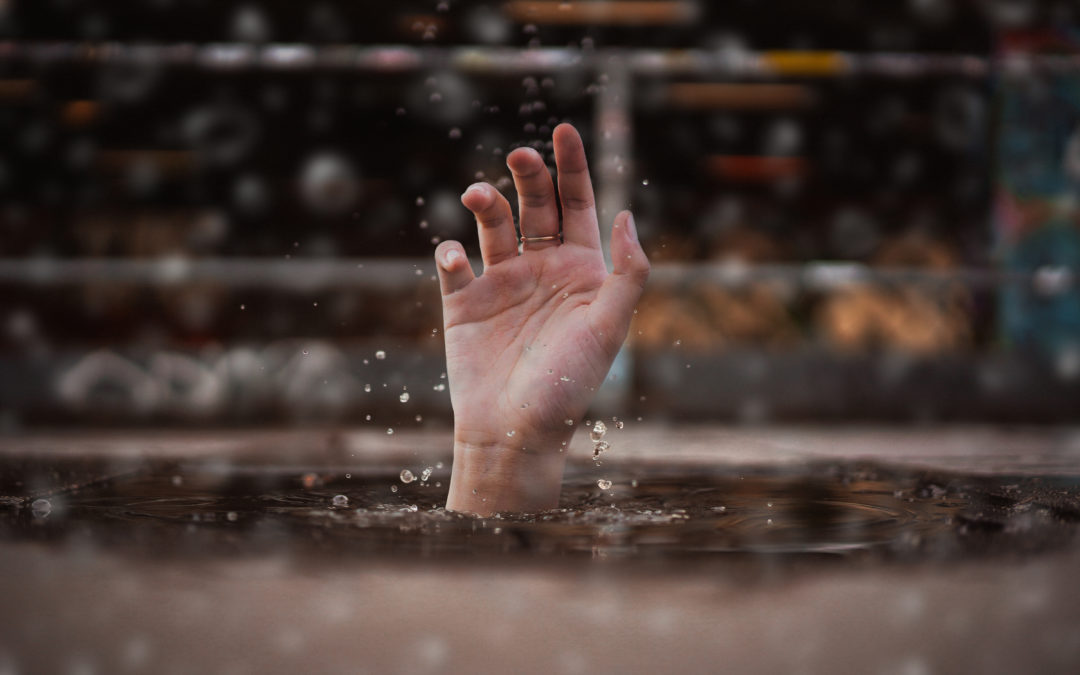
We are a species in peril
2020 is shaping up to be a year full of what we coaches refer to as disorienting dilemmas.
We’re discovering what we are like in lockdown, isolated from our loved ones and support system, sometimes even in quarantine. We are finding out what it is like when we are required to be ‘socially’ distant – a huge misnomer – and who we become when we are asked to give up a significant proportion of our personal freedoms for the good of the collective.
We have seen positive and negative role models; there have been examples of strong leadership and divisive leadership and many shades in between. There has been politically charged rhetoric and there has been clear, factual communication. We’ve discovered that we sometimes struggle to tell the difference between the two.
It is a fascinating time, and a frightening one too. We humans like predictability; we want a system of rules that helps us to order things in a way that we recognise. We also want to belong to a collective – a religion, a profession, a national identity, a social ‘tribe’ etc. – and its accompanying set of ideas. It’s how we interpret what things mean and helps us to navigate the world.
We can’t seem to agree on that system of rules anymore, because different collectives have started to see each other as mutually exclusive. This disagreement highlights the differences that exist between us all. For many of us that’s uncomfortable.
But not for all of us. Because what if… the divisions that are showing up now are the very thing that will bring us together? What new possibilities emerge if we can let go of what we think we know?
The mystery of why we live longer
Years ago I attended a lecture by the American psychologist Robert Kegan, whose work I had been studying for some time (and still am). He presented what his friends had started calling ‘Bob’s Big Idea’, which is that our species is living longer than we did even a century ago because we have a job to do:
Our species is collectively trying to figure something out
Robert Kegan, 2013
Kegan highlights that in the last 100-150 years we have gained a whole generation: when we used to live into our fifties, today we easily and often comfortably live into our seventies and beyond. He argues that we have made progress that allows us to live longer and in better health because we are a species in peril and we know it.
That ‘something’ we are busy trying to figure out is how to avoid going extinct.
Attitude is not the real issue
Great minds including Gandhi and Einstein famously pointed out generations ago (sorry, I couldn’t help it!) that to solve our pressing problems we cannot work from the same mindset that created them. Easier said than done when you are deeply embedded in your points of view on the big questions of today.
Kegan’s theory of adult development points out that we’re not talking about attitude or intent here. In this context, we are talking about our ability and capability to drive our attitude, and therefore our decisions consciously instead of being driven by it.
Otherwise put: if we are unable to take an encompassing perspective on what or who shapes our attitudes on topics like race, religion, the climate crisis, civil rights, free speech and other freedoms, we are unlikely to find the answers to the problems we have created by being embedded in a narrow perspective. That’s much less to do with attitude and everything with how well we are equipped psychologically to step back from what we think we know and look again.
A developmental idea for our species
Kegan’s theory of adult development (and by the way, his is not the only theory that does this) describes stages during which our capability and capacity for taking in a more complex view of the world evolves. As we age, we usually have opportunities to develop psychologically.
Attitude does come into it somewhat. An adult who consciously declines the opportunity to grow their perspective on the world makes an active choice. They may have compelling reasons for that, such as losing their membership of their tribe. It means they are starting to see there is more beyond the perspective they are merged with, but choose to remain where they are.
The longer we live, the more chances we have to evolve to a higher level of psychological meaning-making. And the more of us live and develop to such a level, the greater our capacity for collective problem solving. We may develop a new understanding of the world that helps us to solve the problems we have created for ourselves.
In a sentence then: now more than ever, the human species needs psychological spaciousness to survive, let alone thrive.
When thousands die at the hands of injustice and inequality as they do today, we just can’t ignore the reality of this need any longer.
Watch Kegan’s talk below, it skips to 10:26 for those of you who are in a hurry to get to the Big Idea.
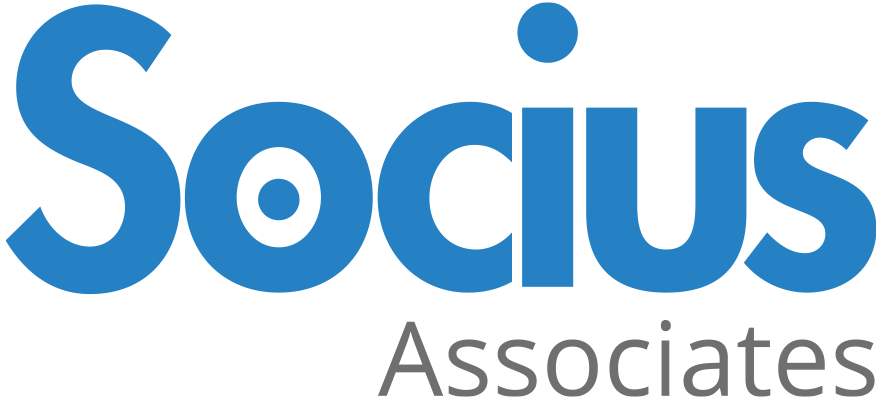
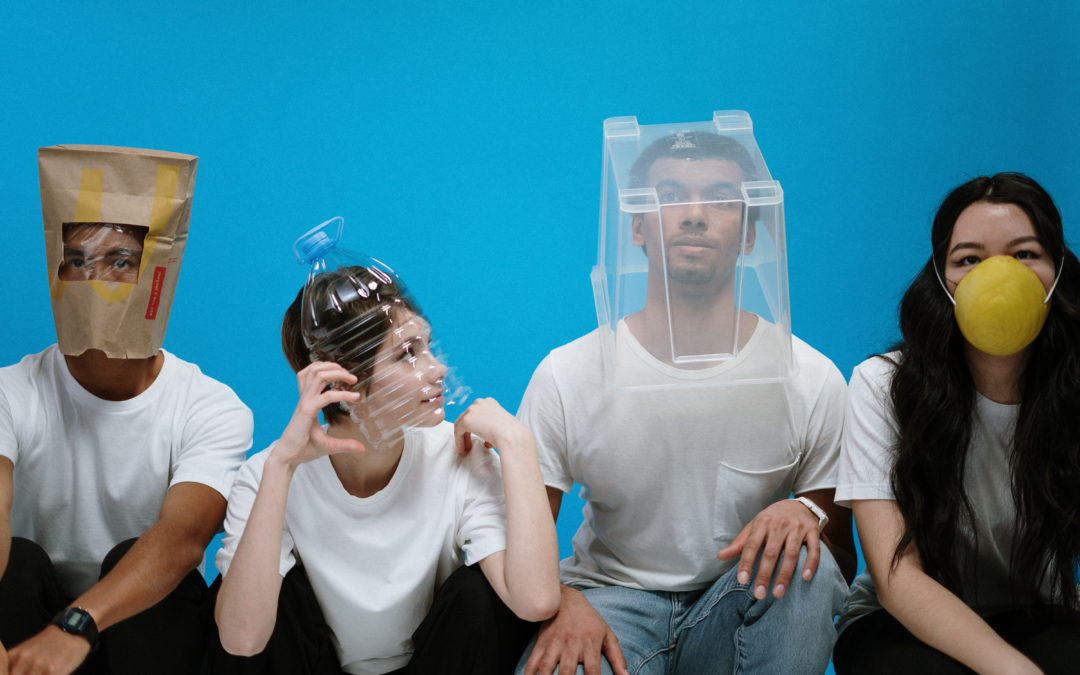
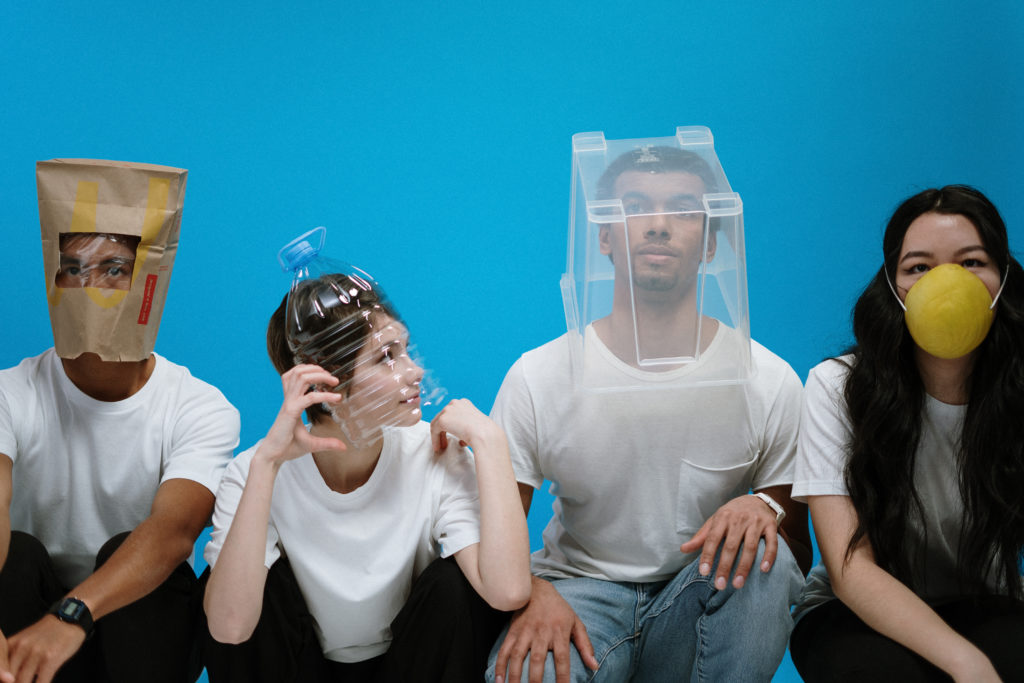
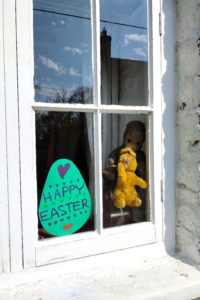 I’m not just referring to how many of us have dusted off our sewing machine (though thank you,
I’m not just referring to how many of us have dusted off our sewing machine (though thank you,